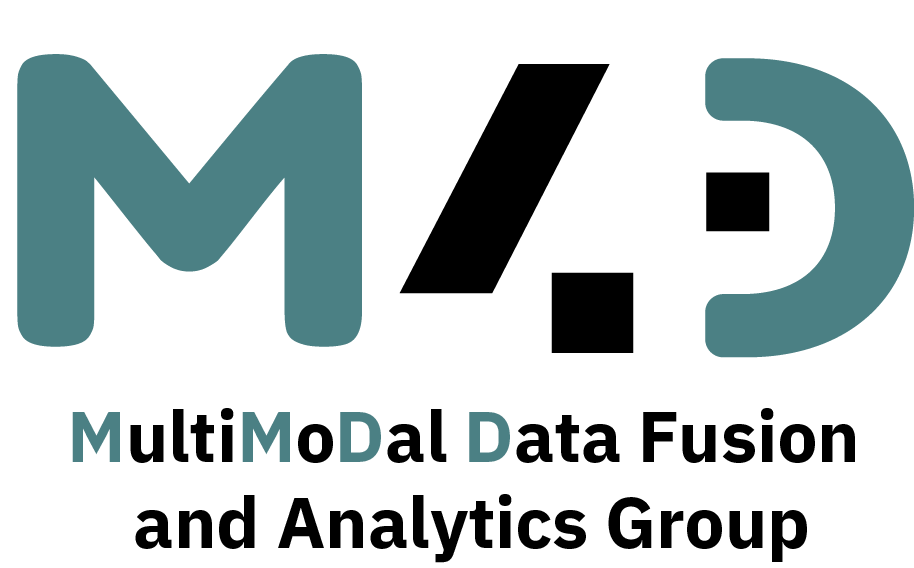
ICARIA
Improving ClimAte Resilience of crItical Assets
The frequency of natural disasters has steadily increased over the past two decades. It is far from irrational to assume that this trend could be significantly worsened in a short and long-time period according to reported climate change projections. With the help of a multidisciplinary team and a firm foundation, ICARIA aims to advance the use of asset-level modeling to better understand the direct and indirect effects of climate change caused by complex, cascading and compound disasters as well as the related risk reduction provided by suitable, sustainable, and affordable adaptation solutions.
ICARIA focuses on both critical assets and infrastructures taking into account potential climate changes that can increase unexpected outages and failures, including but not limited to housing, natural, and land areas. State-of-the-art methods regarding climate scenarios (assets level coupled models and multi-risk assessment approaches) will be implemented and replicated in three (3) EU regions to understand how future climates might affect the life-cycle costs of these investments in the coming decades and to help risk owners managing public and private infrastructures to assess costs and benefits of various adaptation solutions. Specifically, two areas are located in the coastal Mediterranean area: the Barcelona Metropolitan Area, the archipelago of the South Aegean region both experiencing increasing extreme weather conditions (storm surges, pluvial floods, heatwaves, etc.), and an area in Austria where climate changing events (the glaciers melt and heatwaves) impact the prevailing energy production assets (extremely critical infrastructures) and other important sectors. Moreover, additional seven (7) follower regions (third parties) will be the first case studies for replication beyond the project. In this context, ICARIA also fosters several actions to maximize replication and outreach of the main project outcomes.
ICARIA will create a standardized climate-change multi-hazard framework for short and long-term projections aiming to define the uncertainty cascade related to inputs and quality of data, including local hazard models, tailored climate scenarios under extreme conditions, and physics-informed data-driven methodologies where a survey for analyzing all the existing methodologies on data gap will be a key element.
M4D is responsible for the crucial part of bridging the existing site-specific or complete lack of data and contributing actively to the huge efforts towards improving the data available for short and long-term climate projection scenarios and has a major supporting role in three (3) working packages (WPs), the ultimate basis that the whole project will rely upon. The developed techniques for data gaps will guide the multi-hazard framework and the decision-support system that is aimed to be built during the ICARIA project.

